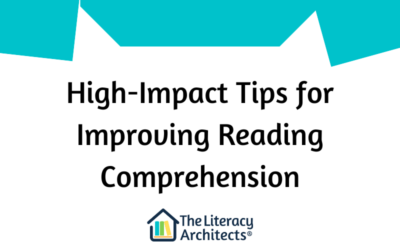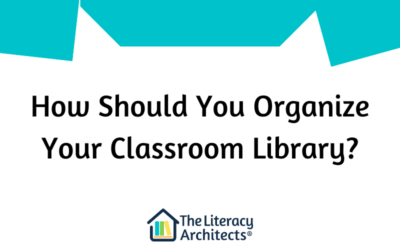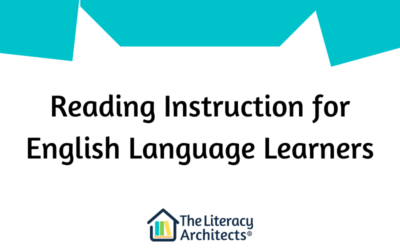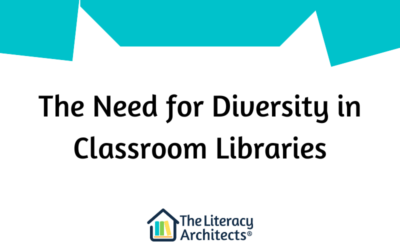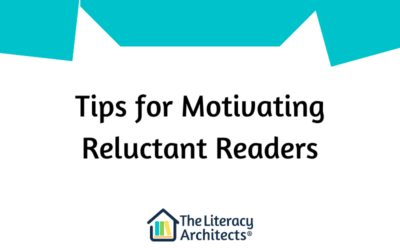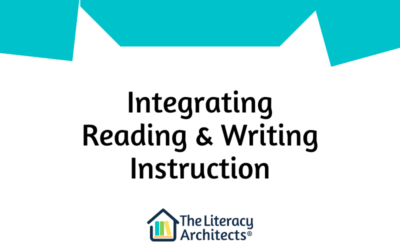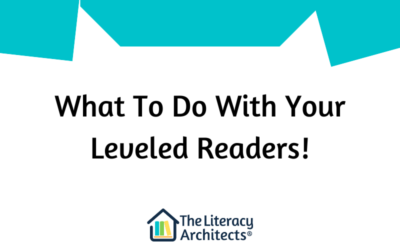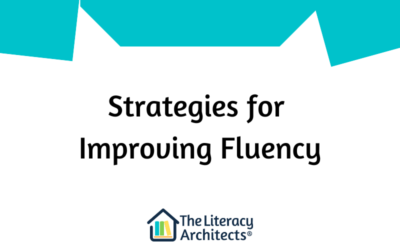Resources for Text-dependent Instruction
High-Impact Tips for Improving Reading Comprehension
Most of the talk around the science of reading is focused on phonemic awareness and phonics, but this only addresses one part of the reading equation. We’re going to take a look at comprehension, and some strategies you can incorporate into your reading block. Where...
How NOT to Organize Your Classroom Library
In one of my first roles as a reading specialist in New York City, I was asked to level each classroom's library. The school I was working in was entrenched in balanced literacy and they wanted to be able to match students with books based on the A–Z results of our...
Reading Instruction for English Language Learners
Did you know that more than 10% of all public school students in the United States are English Language Learners (ELLs)? We want to ensure that the strategies we use when teaching these students support their specific needs. In this post, we'll look at special...
High-Impact Tips for Improving Reading Comprehension
Most of the talk around the science of reading is focused on phonemic awareness and phonics, but this only addresses one part of the reading equation. We’re going to take a look at comprehension, and some strategies you can incorporate into your reading block. Where...
The Need for Diversity in Classroom Libraries
Have you ever wondered about the impact of diversity and representation in children's books? When my son was just 2½, we were following a cookbook to prepare that evening's meal. My son decided that Daddy couldn't eat the meal, and we weren't sure why until he began...
Tips for Motivating Reluctant Readers
In the early elementary years, there tends to be a lot of emphasis on reading for enjoyment. Independent reading time and trips to the classroom or school library to go "book shopping" are often built into the school day, and reading books, magazines, or comic books...
Integrating Reading and Writing Instruction
Did you know that one of the best ways to improve your students’ reading skills is through writing? That’s right—even though there’s often a separation between reading and writing instruction in the classroom, the two skills are more closely related than you may think.
What to Do With Your Leveled Readers!
So your school is transitioning to the science of reading, but there’s one big problem—you still have all the A-Z leveled readers and predictable books that were purchased to align with your old curriculum and balanced literacy practices.
Strategies for Improving Fluency
While speed and accuracy are two factors to include when assessing fluency, fluency also includes expression, smoothness, pace and prosody. Fluent readers use their word recognition skills to read words with automaticity while also using their comprehension of the text to to add expression while they read.
Seven Strategies to Support Vocabulary Instruction
When planning instruction based on the science of reading, think about how to combine explicitly teaching certain words with the teaching of strategies for students to be able to independently infer the meaning of words in texts.
Here are some strategies you may find useful:
Other resources we love:
- The Knowledge Matters Campaign, with resources on the importance of building background knowledge through texts
- The free EL Education curriculum for grades K-8

